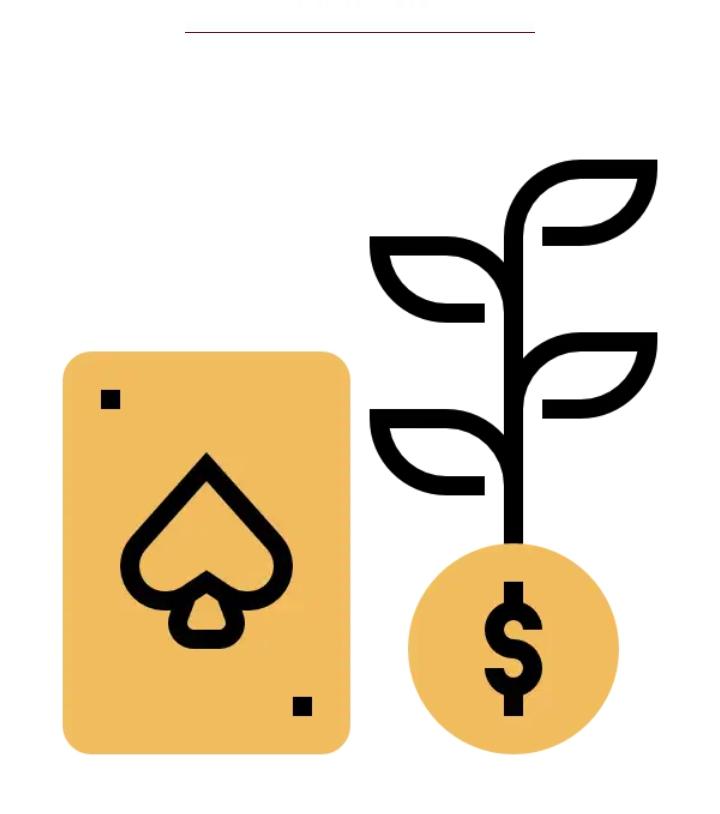Bad financial habits

Here's a blog post on bad financial habits, perfect for raising awareness and helping readers make better money decisions:
---
Title: Break Free: 7 Bad Financial Habits That Are Draining Your Wallet
Good financial health doesn't happen by accident—it’s a result of consistent, intentional habits. Unfortunately, many people unknowingly sabotage their financial well-being with poor money practices. These bad habits may seem minor, but over time, they can cause serious damage to your savings, credit, and overall financial stability.
Here are 7 common bad financial habits and how you can break free from them:
---
1. Living Beyond Your Means
Spending more than you earn is a fast track to debt. Whether it's high-end gadgets, luxury vacations, or constantly dining out, living beyond your means creates a lifestyle that's financially unsustainable.
Break the habit: Create a realistic budget and stick to it. Track your income and expenses to understand where your money goes—and adjust accordingly.
---
2. Neglecting to Save
Many people delay saving, thinking they'll "start next month." But time is your biggest ally when it comes to building wealth.
Break the habit: Automate your savings. Set up a monthly transfer to a separate savings or investment account, even if it’s a small amount.
---
3. Ignoring Debt
Pretending your debt doesn’t exist won’t make it disappear—it only grows worse. Interest accumulates, credit scores drop, and stress increases.
Break the habit: Face it head-on. List all debts, prioritize them (e.g., high-interest first), and develop a repayment strategy like the snowball or avalanche method.
---
4. Using Credit Cards Recklessly
Credit cards aren’t free money, but many treat them that way. Carrying a balance month to month leads to high-interest payments and potential financial strain.
Break the habit: Use credit cards strategically—only for purchases you can pay off in full each month. Consider lowering your credit limit if temptation is too strong.
---
5. Failing to Plan for Emergencies
Unexpected expenses—like medical bills or car repairs—can wreck your finances if you’re unprepared.
Break the habit: Build an emergency fund with at least 3-6 months of living expenses. Keep it in an accessible but separate account.
---
6. Impulse Spending
That quick online purchase or daily coffee habit adds up more than you think. Impulse spending often leads to buyer’s remorse and wasted money.
Break the habit: Implement a 24-hour rule—wait a day before making any non-essential purchase. You’ll often find you don’t really need it.
---
7. Not Setting Financial Goals
Without goals, your money lacks direction. Whether it's buying a home, traveling, or retiring comfortably, not having clear objectives can lead to aimless spending.
Break the habit: Set short-term and long-term financial goals. Write them down, make a plan, and track your progress regularly.
---
Final Thoughts
Everyone slips up financially now and then—but consistently repeating these habits can erode your financial foundation. The good news? It’s never too late to change. Start small, stay consistent, and take control of your financial future—one habit at a time.
---
Would you like this tailored more toward young professionals,
students, or families? I can also turn it into a LinkedIn or Instagram post format.

- Business
- Art
- Causes
- Crafts
- Dance
- Drinks
- Film
- Fitness
- Food
- Spiele
- Gardening
- Health
- Home
- Literature
- Music
- Networking
- Other
- Party
- Religion
- Shopping
- Sports
- Theater
- Wellness
- Technology
- Cryptocurrency
- Psychology
- Internet
- Ecommerce
- Family
- Others
- Science


